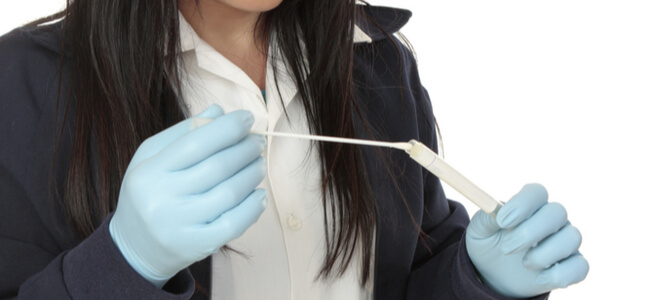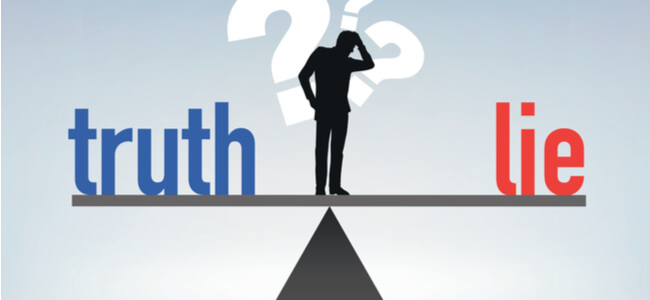Law Enforcement Buys Off DNA Database To Crack Cold Cases

When you think of DNA testing, you probably think of building your family tree, learning more about your heritage and ancestry, or connecting with living relatives. Other people approach genetic testing as a way to get information about their health or predisposition to diseases. However, did you know law enforcement also has a reason for wanting your genetic information?
Keep reading to learn more about what happens when a DNA database is sold, and what law enforcement can do when acquiring your most sensitive information.
How Law Enforcement Using DNA
In 2019, genealogists using GEDmatch, an online service to compare autosomal DNA data files from various testing companies, were surprised to learn that Verogen had purchased the company. More surprising, however, was what kind of company Verogen is. Verogen manufactures forensic lab instruments for law enforcement, so what did they want with autosomal DNA files?
The genealogists involved were shocked to learn that their data had been mined to help law enforcement solve a cold case. Using genetic information to revisit and try to solve cold cases isn’t necessarily new, although how law enforcement gains access to critical genetic information is a recent development.
Privacy And Data
Every time you take a genetic test, submit your DNA to a comparison website or share your results with another company for further analysis, you’re taking a serious risk with your privacy. If you look closely at the company’s privacy policy, you’ll likely find information about how your testing results may be sold to third parties.
While many people merely skim through privacy policies today, you’ll want to take your time when it comes to your genetics. You’ll also want to gain more information about how to download your raw DNA and how to delete your information completely from the company once you receive your results.
For many people, the benefits outweigh the risk. After all, one simple at-home cheek swab can link you to any predisposition you might have to a serious genetic disease. Armed with this information, you can make important health decisions that can be life-saving.
How To Keep Your DNA Data Safe
It’s possible to keep your DNA data safe. The first step is to work with a reputable and well-known testing company. These companies are under more scrutiny than others, and therefore are typically more transparent with how they handle, use, and sell your genetic information.
Many companies will offer an opt-in or an opt-out option for whether or not they can sell your personal information to a third party. Just because you sign up with a company doesn’t necessarily mean you have to automatically agree to have your information sold.
Lastly, pay attention to how you can delete your information from the company’s database. Most companies will offer an option for you to download your raw DNA. To the untrained eye, this will look like a series of letters and numbers. However, a trained professional will be able to read and analyze your results based on this information.
By having your raw DNA, you have the option to use it for further analysis later. This is especially useful in case you delete your profile with the company that tested your genes in the first place.
GEDmatch: How Data Was Sold
When users of GEDmatch learned their personal data had been used without their consent, the company experienced major and serious backlash. As a result, GEDmatch went through several new variations of its privacy policy. In the end, this might have only worked to confuse people more.
When Verorgan purchased GEDmatch, the company promised it could work to further fortify privacy protections for GEDmatch users. That said, the results of this specific deal aren’t completely known.
Many users deleted their profiles with the company, citing concerns with their own privacy and that of their family members as well. This is because genetic information can be used not only to trace back to you but to your biological relatives.
Should You Take A DNA Test?
Given the privacy concerns and examples of the unfortunate incidents that GEDmatch users experienced, you’re probably wondering if taking a genetic test is worth it.
Carefully consider your reasons for wanting to test. Many adopted individuals have been able to find and connect with living relatives and build new and meaningful relationships. Other people have learned important information about their health that has not only saved their lives but has impacted their family members as well.
Conclusion
It’s possible to safely take a DNA test and benefit from the results, but you’ll need to put a little effort into the process. Lookup reputable companies and carefully read their privacy policies. Be sure you understand what you’re committing to and that you’re comfortable. Once you find the right testing company, you can more confidently pursue your genetic testing journey.



